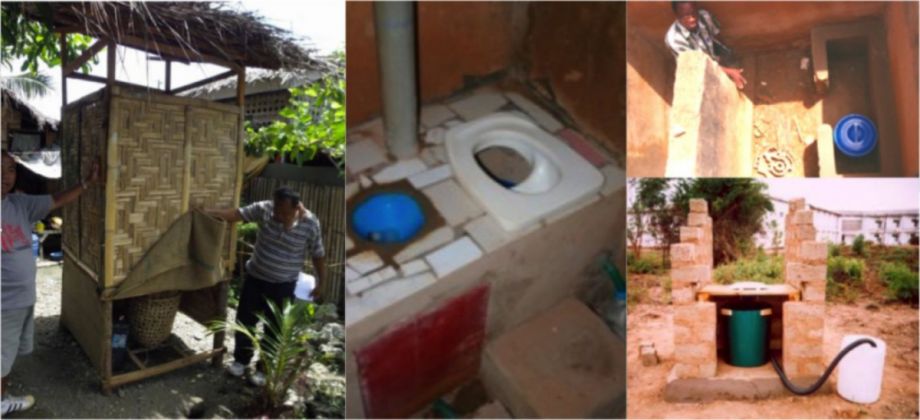As the 2013 Feeding Cities conference unfolds this week in Philadelphia, Next City, a media partner for the event, will feature regular updates from bloggers covering its talks and workshops.
As an urban organizer, I anticipated that a Feeding Cities breakout session entitled “Closing the Rural-Urban Nutrient Cycle” would discuss feedback loops in ecologically, socially and economically integrated regional food systems.
But David Vaccari, director of civil, environmental and ocean engineering at the Stevens Institute of Technology, took us on a deep dive, opening with slides documenting our dependence on phosphate rock for agriculture. He mapped the lack of mines with available rock here in the U.S. and pointed to existing sources in the Middle East. The alarmist in me too note when he said that “there are no alternatives to phosphorus in agriculture” and that sources are likely to run out in less than a century.
I couldn’t help but draw parallels to oil extraction, wondering if are we headed toward phosphorus wars.
Vaccari insisted that we must reduce uptake, and suggested that we could reduce intake by 42.5 percent by cutting our use in half, with a reduction in beef reduction going a long way toward achieving that goal. But what about alternative agricultural systems that close the loop pre-consumer? It may be that there are no alternatives to phosphorus in industrial agriculture, but who wants to perpetuate industrial agriculture, anyway? Perhaps ecologically integrated closed loop systems can help curb our dependence on both.
Peter van der Steen of the UNESCO-IHE Institute for Water Education demonstrated the promise of this, using the example of wastewater treatment. His charts showed that the phosphorous content of our excretion is exactly the same as what we take in. In parts of the world (like the Middle East) where water is already scarce, he noted that reused wastewater is the only source of water for agricultural production — and that this will become the norm in more and more areas as we face increased climate change-induced drought, population pressures and water privatization.
In fact, van der Steen’s data suggested that wastewater reuse is a more economically efficient than conventional treatment systems, while reducing pollution and addressing water scarcity.
So if it’s a win-win-win, why aren’t we all doing it? Van der Steen took a quick poll of the audience; less than half said that they would choose tomatoes grown with treated wastewater, even at 40 percent the price of conventional tomatoes.
Perhaps this is because of health concerns, but van der Steen noted that the multiple barriers to ensure hygiene — on and off farm — are unlikely to fail, and certainly not all at once. The FAO, EPA and others have standards to address the hygiene of treated wastewater, but it’s clear that we need a cultural shift to see our “waste” as nutrient-rich resources that can contribute to creating resilient integrated food systems.








